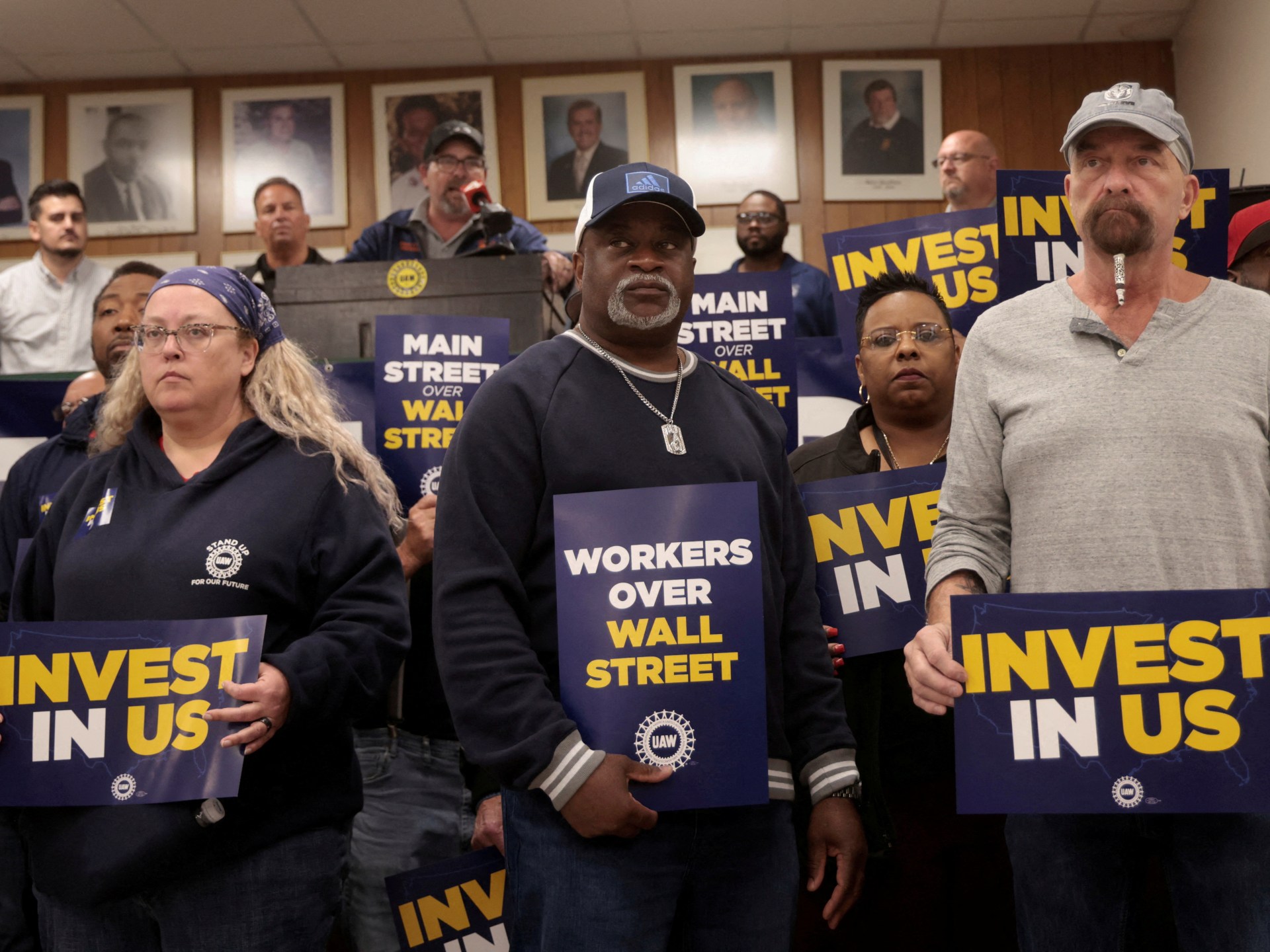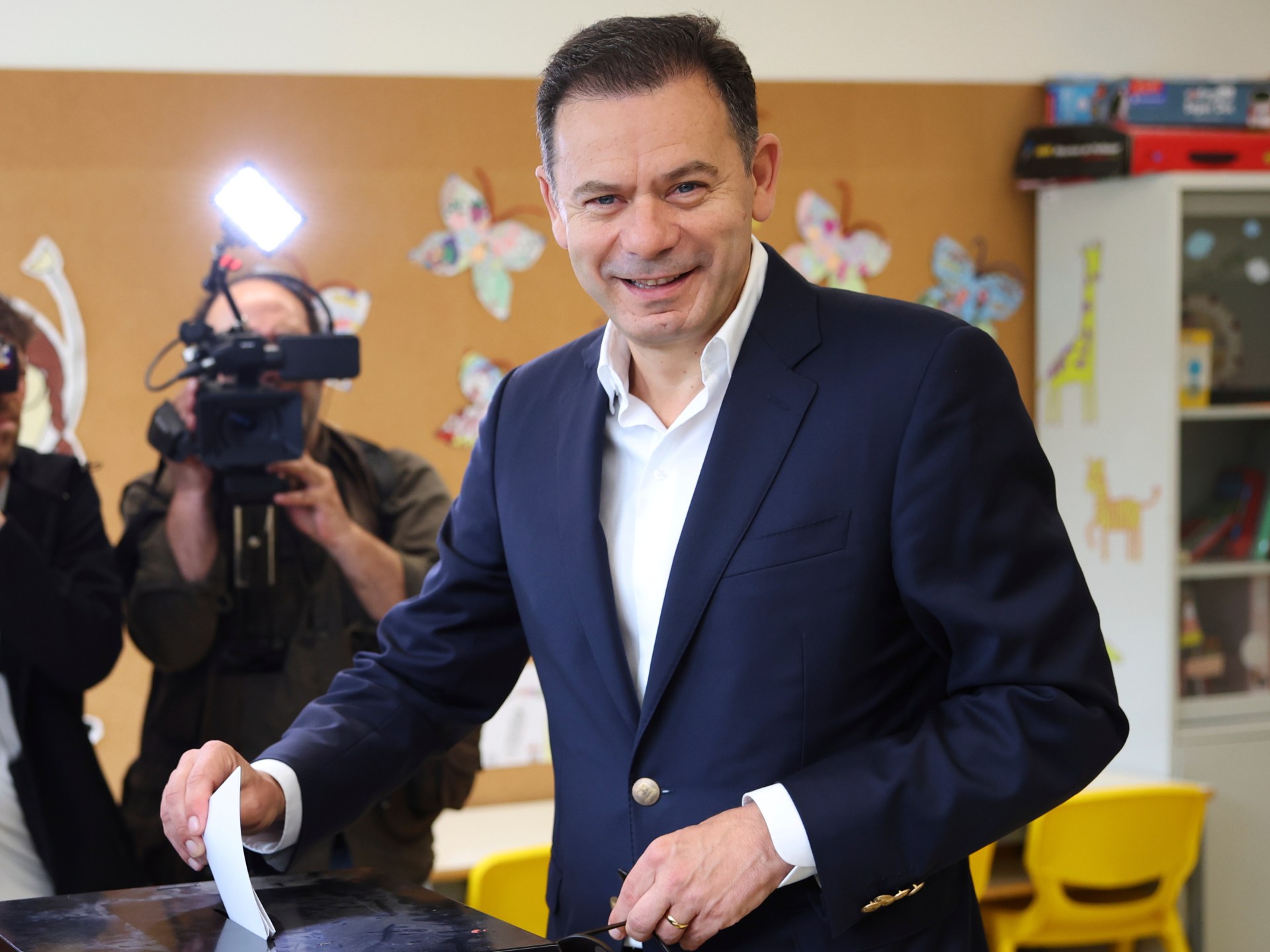Now Reading: Trump’s tariffs are failing, but the old model won’t save us either
-
01
Trump’s tariffs are failing, but the old model won’t save us either
Trump’s tariffs are failing, but the old model won’t save us either

The United States and China have agreed to pause reciprocal tariffs for 90 days, as announced on May 12. While some tariffs will remain in place, both countries will continue trade negotiations, according to a joint statement.
The decision marks a reversal of the broad tariffs imposed by US President Donald Trump in early April, which had a destabilizing effect on the global economy and caused stock markets to plummet. Despite Trump’s assertion that the tariffs would boost the US economy, it was evident from the beginning that they would not be effective. A trade war is not a solution to improve conditions for American workers or bring manufacturing back to the country.
Concerns have been raised due to corporations cutting profit forecasts and reports of a shrinking US gross domestic product (GDP), prompting the Trump administration to reconsider its strategy. However, reverting to economic liberalism under the pretext of “stability” may not be the most appropriate course of action.
The current global economic system, shaped by policies that favor the wealthy and have been sustained for decades, has proven to be unsustainable. There is a need for a new world economic order that promotes inclusive and sustainable development worldwide, addressing global socioeconomic challenges.
The article discusses the historical context of economic policies and the evolution of the global economic system since World War II. It highlights the impact of policies favoring the Global North and the rise of illiberal economic approaches in the modern era.
Furthermore, the article critiques Trump’s economic policies and emphasizes the importance of moving towards a new global economic order focused on multilateral governance, ecological sustainability, and human-centric development. It advocates for a shift away from traditional economic models towards a post-growth approach that prioritizes wellbeing, environmental stability, and social equity.
Ultimately, the article calls for a progressive multilateral approach to address economic challenges and promote global justice, acknowledging the need for bold leadership and transformative vision in the face of existing economic paradigms.






